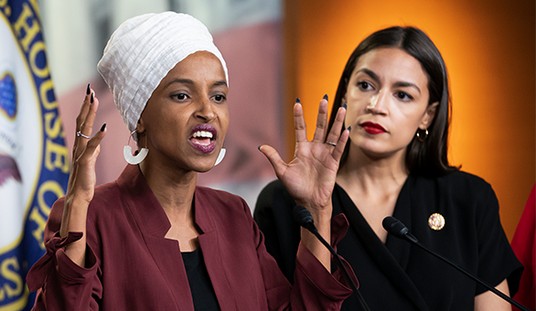It has been almost 50 years since events during the height of the Cold War prompted the United States to impose an economic embargo on Cuba. The USSR, whose military presence on the island precipitated these actions, collapsed 18 years ago and no longer poses a military threat.
Let’s explore the various historic and current reasons for the continuation of these restrictions:
National security: Cuba occupies a strategic location since it sits squarely in the path of maritime access to the Gulf of Mexico from the Atlantic Ocean. When Soviet missiles were located on the island (and only 90 miles from Key West), solid justification for an embargo existed and warranted such a responsible act of self-defense. This situation no longer exists and, although the Cuban leadership is brutal and worthy of our full criticism, the nation no longer presents a military threat to the United States. However provocative or belligerent the statements issued by the Cuban government may be, there exists no credible or even reasonable potential military threat from Cuba.
Geopolitical considerations: Cuba has a long history of being used as a pawn in larger geopolitical strategies. Spain, the Soviet Union and, more currently, Russia and Venezuela have all used Cuba as an opportunity to provoke and even attempt to threaten the US militarily. The Cuban regimes have, for the most part, acquiesced in these strategic moves in order to obtain the wealth and political power which accompanied them. Last year, when the U.S. sent warships to the Black Sea during the Russian invasion of Georgia, the Russians sent forces into the Caribbean to emphasize that they too could project force in our sphere of influence. Strategically, Cuba will always be of concern to the United States and we can anticipate that it will continue to be used as an opportunity to probe U.S. military and diplomatic strength, intentions, and resolve well into the future.
Human rights: There is a veritable litany of evidence and first-hand reports describing the brutality of the Castro regime. The barbaric treatment of the Cuban people, who have been denied even the most basic of human rights, is well known. It remains a mystery as to why many academics and progressive politicians persist in their ritual applause of Castro and his regime. Freedom House ranks Cuba as “not free” and lists in detail all of the areas where Cuban citizens are denied almost all of their personal liberties. Joining Cuba in this category are 42 other countries, including China, Egypt, Libya and North Korea. Cuba has the distinction of being the only “not free” country in the Americas.
Domestic politics: Mostly unspoken in public discourse, the importance of the Cuban-American vote in South Florida and in other important states such as New Jersey has engendered an almost religious adherence to the maintenance of the economic boycott. As a result, politicians have avoided any serious discussion of its merits. The Obama administration’s recent moves to ease travel restrictions represent a small crack in this almost solid position.
The citizens of the United States are entitled to exercise their rights to the free exchange of goods and ideas, and to travel and trade with whom and when they please, including with Cuba. These rights should only be restricted by the government under circumstances that are sufficiently serious so as to warrant such actions. It is now clear to all that Cuba represents no significant military threat to the United States and that the existential existence of a strategic threat to this country is so small as to be inconsequential. In addition, we regularly trade and maintain diplomatic relations with many nations whose domestic policies we find abhorrent. In Egypt, for example,we not only maintain formal relations and trade but also send enormous cash subsidies to support the dictatorial regimes. Why should we single out Cuba for such extraordinary treatment?
Interestingly enough, it is likely that the Castro regime will resist permitting an open exchange of goods, travel, and ideas since such liberalization will likely seriously threaten the stability of their government. The governing elites in Cuba know that when the U.S. embargo is lifted the Cuban citizens will begin to understand that their own government and its policies and not the United States have caused their poverty and oppression. If we really want change in Cuba and an improved standard of living for its citizens, freedom is the most likely stimulus.
Some contend that the financial gains that would likely flow to Cuba following the opening of trade with the U.S. market might have negative consequences — that is, propping up the existing oppressive regime and enhancing Cuba’s ability to foment anti-U.S. activities in the region. Does this speculative concern warrant what is in essence economic warfare against another country? If so, we should be applying that same principle to China and some of our other major trading partners. Our distaste for the policies of the Cuban regime, coupled with speculation as to what future anti-American activities the government might undertake, are not sufficient reasons to unilaterally restrict the freedoms of our citizens to freely trade and travel.
We have no legal or rational justification for continuing this policy and should immediately and unilaterally lift all travel, trade, and financial restrictions that are in effect.









Join the conversation as a VIP Member